Showing 31 - 40 of 45 Postings (
summary)
Created by Marc Roseboro, last modified by Ibukun Olabinjo 13 Apr 2018, at 02:07 PM
Freshman Cluster Course Faculty - Fall 2013
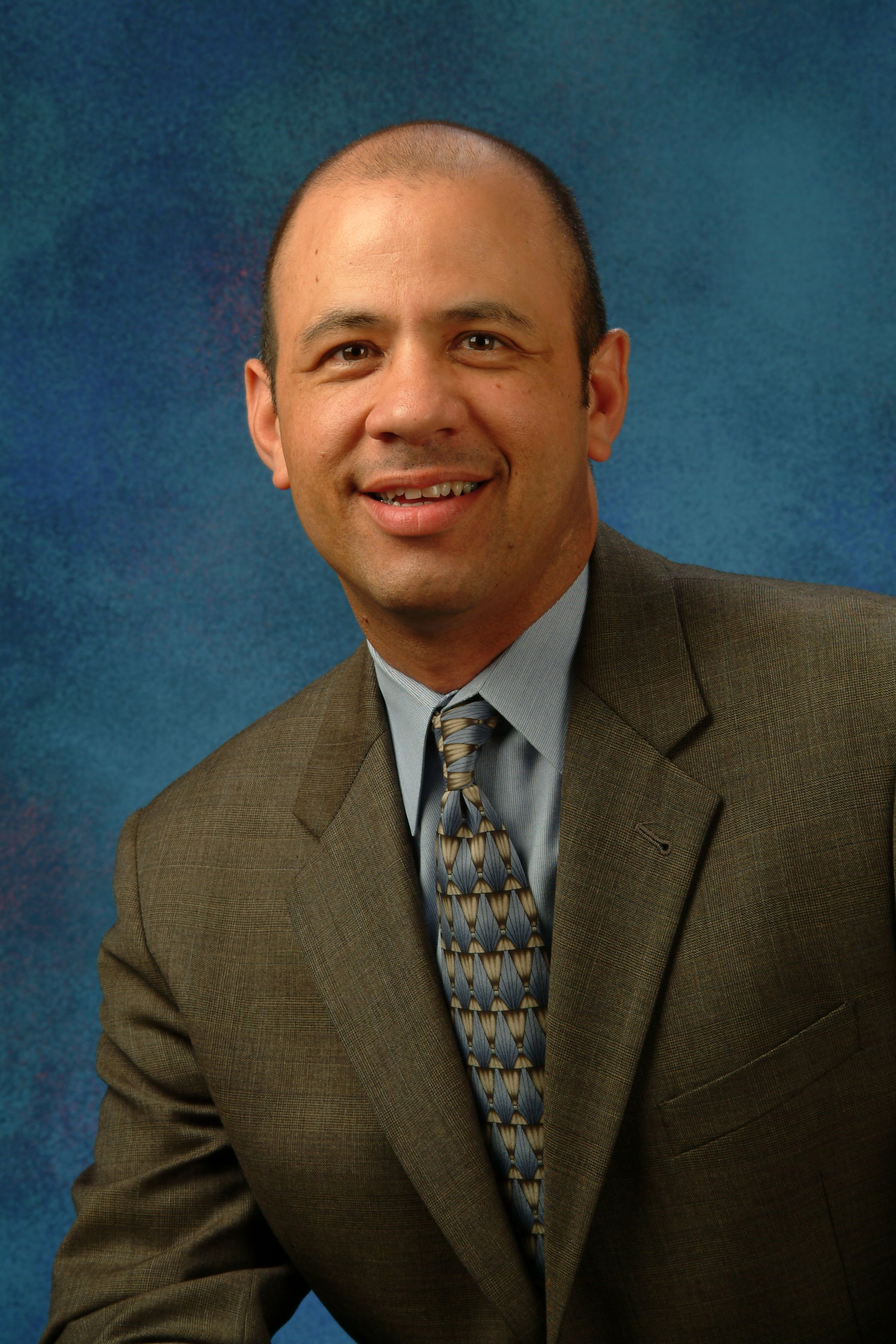
Michael A. Rodríguez, MD, MPH
Professor and Vice Chair, Department of Family Medicine at UCLA David Geffen School of Medicine
Dr. Rodríguez is Professor and Vice Chair for Research in the Department of Family Medicine at the David Geffen School of Medicine at UCLA, Founding Director of the UCLA Blum Center on Poverty and Health in Latin America, co-Director of the Center of Expertise on Migration and Health (COEMH) at the UC Global Health Institute (UCGHI), and Associate Director of the UCLA Primary Care Research Fellowship.
His research activities focus on health disparities and social determinants of health. He is a leading researcher and policy expert in the areas of intimate partner violence, quality of healthcare for multiethnic populations across the age spectrum, and workforce diversity. He has published widely and consulted for the World Health Organization, UNICEF, the Pan American Health Organization, the Centers for Disease Control and Prevention, and the Institute of Medicine. He is also a Board Member for the Latino Coalition for a Healthy California, Advisory Board Member for the Albert Schweitzer Fellows Program, Board Member for The City Project, and President of the Board of The California Academy of Family Physicians Foundation. Dr. Rodríguez mentors and teaches UCLA faculty and trainees in the US and Latin America while volunteering at a community health center serving uninsured patients in Los Angeles.
Dr. Rodríguez completed his undergraduate training at the University of California, Berkeley; received his medical degree from the David Geffen School of Medicine at UCLA; completed his residency from the UC San Franciscos Family Medicine Residency Program; received his Master of Public Health degree at the Johns Hopkins University School of Hygiene and Public Health; and was a Robert Wood Johnson Clinical Scholar at Stanford University.
Stephen K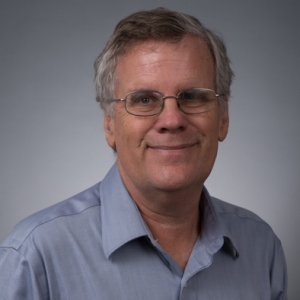 . Commins, PhD
. Commins, PhD
Associate Director, Global Public Affairs
Lecturer in the Department of Urban Planning
UCLA Luskin School of Public Affairs
Dr. Commins is the Associate Director for Global Public Affairs and a Lecturer in the Department of Urban Planning, UCLA Luskin School of Public Affairs. He is currently on the Core Team for the World Bank's World Development Report 2015, 'The Behavioral and Social Foundations of Development Policy. He has managed research projects for the World Bank, DFID, UNECA, UNFPA, ODI and UNESCAP. He is the Strategy and Partnerships Specialist for International Medical Corps, and the Secretary for the International Health and Fragile States Network.
Created by Rachel Wong, last modified by Ibukun Olabinjo 13 Apr 2018, at 02:07 PM
Coming soon!
Created by Marc Roseboro, last modified by Ibukun Olabinjo 13 Apr 2018, at 02:07 PM
Activities
| | Updates soon on our planned spring and summer activities
| |
Created by Ana Poblet-Kouttjie, last modified by Ibukun Olabinjo 13 Apr 2018, at 02:07 PM
Created by Sarah Johnson, last modified by Ibukun Olabinjo 13 Apr 2018, at 02:07 PM
Iris Guzman
Site: National Autonomous University of Nicaragua-Leon (UNAN) Leon, Nicaragua
Preceptor: Andres Herrera, PhD (Nicaragua) and Ondine von Ehrenstien, PhD, MPH (UCLA)

Iris is a first-year graduate student at UCLA’s Master of Public Health program (MPH) in the department of Community Health Sciences. Her exposure to research has solidified her commitment to pursue training and research on the social, cultural and environmental determinants of health that contribute to the persistence of health inequalities among Latino communities.
Iris has been involved in a variety of research projects, each focused on investigating issues that affect underserved populations. In 2010, she was selected to participate in a competitive summer research fellowship program at the University of California, Irvine where she developed an independent research project exploring the link between discrimination and subjective health in pregnant women who were born in the United States and Mexico.
After completing her MPH, Iris aspires to pursue a career in which she can make meaningful advancements toward the improvement of health in underserved communities through research-based interventions.
Update from the Field
by Iris Guzman, graduate student, Master of Public Health
Research Updates
This summer I am working on a mixed-methods study on the prevention of violence against women and girls (VAWG) in León, Nicaragua. Specifically, I am working on a population-based household survey that will be used to interview women of child-bearing age about their health and experiences with physical, sexual, and/or emotional violence. These interviews hope to examine the prevalence, characteristics, and trends of VAWG, as well as, to give a deeper understanding of the social norms around violence. The interviews will be conducted by trained fieldworkers; my role is to supervise data collection for quality assurance.
Training and Fieldwork
During the last week of June, I met the research team and attended a training session on how to read maps. Surprisingly, I learned that it is particularly important to learn how to read maps for this study because the houses in Nicaragua do not have addresses! We used maps from the Health and Demographic Surveillance System in León to locate our participants for this study. In early July, we began interviewing women in León’s urban and rural areas. Within our first week of doing field work, I quickly realized how challenging this task can be. For example, women fieldworkers walk many miles under the hot sun (or in the rain) in order to locate homes, while, at the same time remaining vigilant of their surroundings. In just two weeks of being in Nicaragua, I have learned how to read maps and locate myself without a compass, as well as, establishing safety plans when working out in the field.
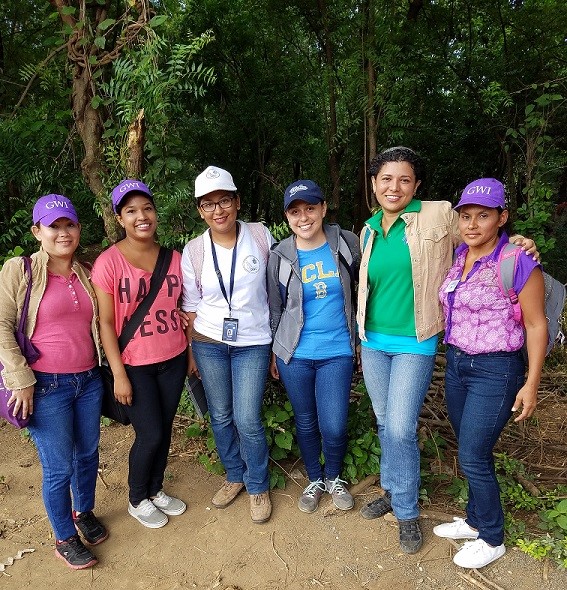
My research team ready to begin the day’s fieldwork into the rural community.
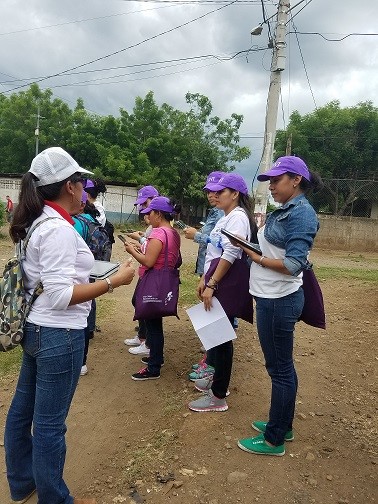
Fieldworkers ready to begin interviewing.
Next Steps
Our research goal is to complete 1,700 interviews. My ultimate goal is to write a report on this fieldwork to inform research design and data collection from Nicaraguan communities to help improve the health and wellbeing of Nicaraguan women and girls.
Created by kristina valencia, last modified by Ibukun Olabinjo 13 Apr 2018, at 02:07 PM
EVENTS AND NEWS
This section will list current events and news of the Blum Center.
Created by Marc Roseboro, last modified by Ibukun Olabinjo 13 Apr 2018, at 02:07 PM
Featured Faculty
We will soon feature the current research of our faculty
Created by Marc Roseboro, last modified by Ibukun Olabinjo 13 Apr 2018, at 02:07 PM
ABOUT US
The Blum Center at UCLA uses a multi-disciplinary approach to address issues of poverty and health in Latin America. It analyzes major factors that influence poverty and health including governance, community action, social justice and human rights movements, health sector and public health programs to develop innovative solutions. The Blum Center emphasizes the global priority of alleviating poverty in Latin America by exposing students and faculty to current methodology, implementation, efficiency, and sustainability issues that transcend national boundaries. The Blum Center also facilitates the creation of new solutions to combat poverty through cooperative exchanges with affiliated programs at UCLA as well as with organizations throughout Latin America.
Created by Marc Roseboro, last modified by Ibukun Olabinjo 13 Apr 2018, at 02:07 PM
Freshman Cluster Teaching Fellows 2014-2015
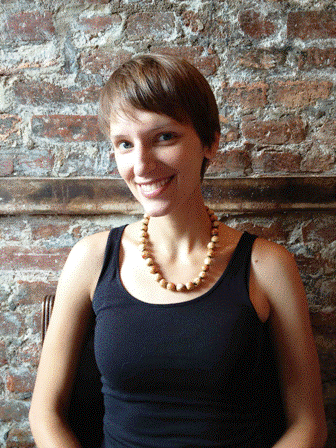 Ruth Carlitz, PhD Candidate
Ruth Carlitz, PhD Candidate
Ruth is a PhD candidate in Political Science at UCLA. She is currently working on her dissertation, which examines the politics of rural water supply in Tanzania. She has spent extensive time in East Africa, as part of her academic work as well as commissioned research to inform policy interventions.
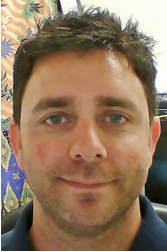 Jason Harley, MSW, M.Ed., PhD Candidate
Jason Harley, MSW, M.Ed., PhD Candidate
Jason is a PhD student in the Department of Social Welfare at the UCLA Luskin School of Public Affairs. Using a Critical Race Theory lens, his research centers on racial disparities in the home mortgage industry and how it affects the wealth gap. Jason spent ten years as secondary teacher in the public school system in Los Angeles and has several years of experience working with graduate students. He lives in the West Los Angeles area with his wife and children.
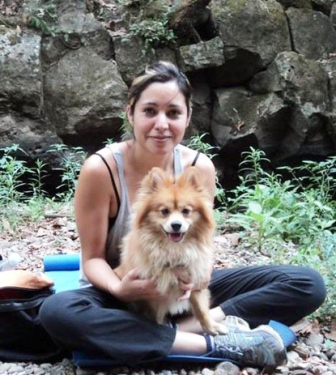
Michelle Romero, PhD candidate
Michelle is currently a third-year doctoral student in the Department of Environmental Health Sciences at the UCLA Fielding School of Public Health. She has previously worked in the Netherlands in biotechnology and also for the National Institute of Public Health in Mexico in Environmental Health Sciences. Her interests range from social and community based participatory research to the interconnectedness o environmental and social determinants of health.
Created by Andrew Helsley, last modified by Ibukun Olabinjo 13 Apr 2018, at 02:07 PM
Freshman Cluster Course (es)
| |
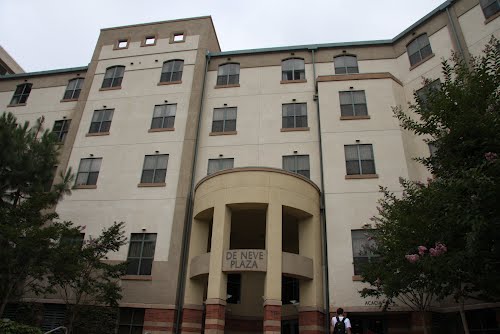 The new Poverty and Health in Latin America course is one of 10 yearlong courses offered as part of UCLA's Freshman Cluster Program and is funded fully by the UCLA Blum Center. The Poverty and Health in Latin America cluster focuses on helping freshmen develop an understanding of how the conditions in which people are born, grow, live, work, and age influence their health and access to health care. This course examines health inequities both between and within Latin American countries and communities in a multi-disciplinary fashion. This multidisciplinary approach is based upon the social determinants of health including sex, race, ethnicity, socioeconomic status, poverty, religion, governance, politics, and foreign policies. During the academic year, students in this class will learn a conceptual framework of interrelationships between social determinants of health in Latin America and are introduced to the science of health, including epidemiology, environmental health, nutrition, data collection, and assessment methods. Introductory medical public health articles and articles from other fields expose students to current methods of conducting scientific research. The articles form the basis for discussions on basic scientific methodology, uncertainty and related implications of scientific work. The new Poverty and Health in Latin America course is one of 10 yearlong courses offered as part of UCLA's Freshman Cluster Program and is funded fully by the UCLA Blum Center. The Poverty and Health in Latin America cluster focuses on helping freshmen develop an understanding of how the conditions in which people are born, grow, live, work, and age influence their health and access to health care. This course examines health inequities both between and within Latin American countries and communities in a multi-disciplinary fashion. This multidisciplinary approach is based upon the social determinants of health including sex, race, ethnicity, socioeconomic status, poverty, religion, governance, politics, and foreign policies. During the academic year, students in this class will learn a conceptual framework of interrelationships between social determinants of health in Latin America and are introduced to the science of health, including epidemiology, environmental health, nutrition, data collection, and assessment methods. Introductory medical public health articles and articles from other fields expose students to current methods of conducting scientific research. The articles form the basis for discussions on basic scientific methodology, uncertainty and related implications of scientific work.
What are Freshman Clusters?
The College's Freshman Cluster Program is a curricular initiative that is designed to strengthen the intellectual skills of first year students, introduce them to faculty research work, and expose them to such "best practices" in teaching as seminars and interdisciplinary study. Clusters are year-long, collaboratively taught, interdisciplinary courses that are focused on a topic of timely importance such as the "global environment," or "interracial dynamics." These courses are taught by some of the university's most distinguished faculty and seasoned graduate students and are open only to entering freshmen. During the fall and winter quarters, students attend lecture courses and small discussion sections and/or labs. In the spring quarter, these same students enroll in one of a number of satellite seminars dealing with topics related to the cluster theme.
Eligibility:
Available to entering freshmen only, cluster courses are an option for satisfying general education requirements.
Syllabus topics
- Multidisciplinary Perspectives on Health in Latin America
- Geography, Demography, and Linguistics
- Historical Context: From Antiquity to the Modern Era: Sociological Context: Race, Ethnicity, and Identity
- Cultural Context and Political Science, Shifts to the Left
- What is Health and How Is It Measured?
- Behavioral and Biological Factors and Psychosocial Factors
- Material Circumstances: Living and Working Conditions, Food Availability, etc.
- Healthcare Systems
- Poverty/Socioeconomic Position: Education, Occupation, Income
- How Governance and Macroeconomic Ppolicies Influence Health
- How Social and Public Policies Affect Health
- How Migration Impacts Health in Latin America
- The Impact of Urbanization on Health in Latin America
Course time/dates Lecture: Wednesdays and Fridays 9:30-10:45am
Course venue
DeNeve Hall P350
Current Syllabus (Spring 2013):
Andrew Young 26A Seminar
Cathy Coddington 26A Seminar
Rebecca Dufendach 26A Seminar
Brent Langellier 26A Seminar
Upcoming Sessions:
Fall 2013
|
|

 . Commins, PhD
. Commins, PhD




 Ruth Carlitz, PhD Candidate
Ruth Carlitz, PhD Candidate
 Jason Harley, MSW, M.Ed., PhD Candidate
Jason Harley, MSW, M.Ed., PhD Candidate

 The new Poverty and Health in Latin America course is one of 10 yearlong courses offered as part of
The new Poverty and Health in Latin America course is one of 10 yearlong courses offered as part of 

